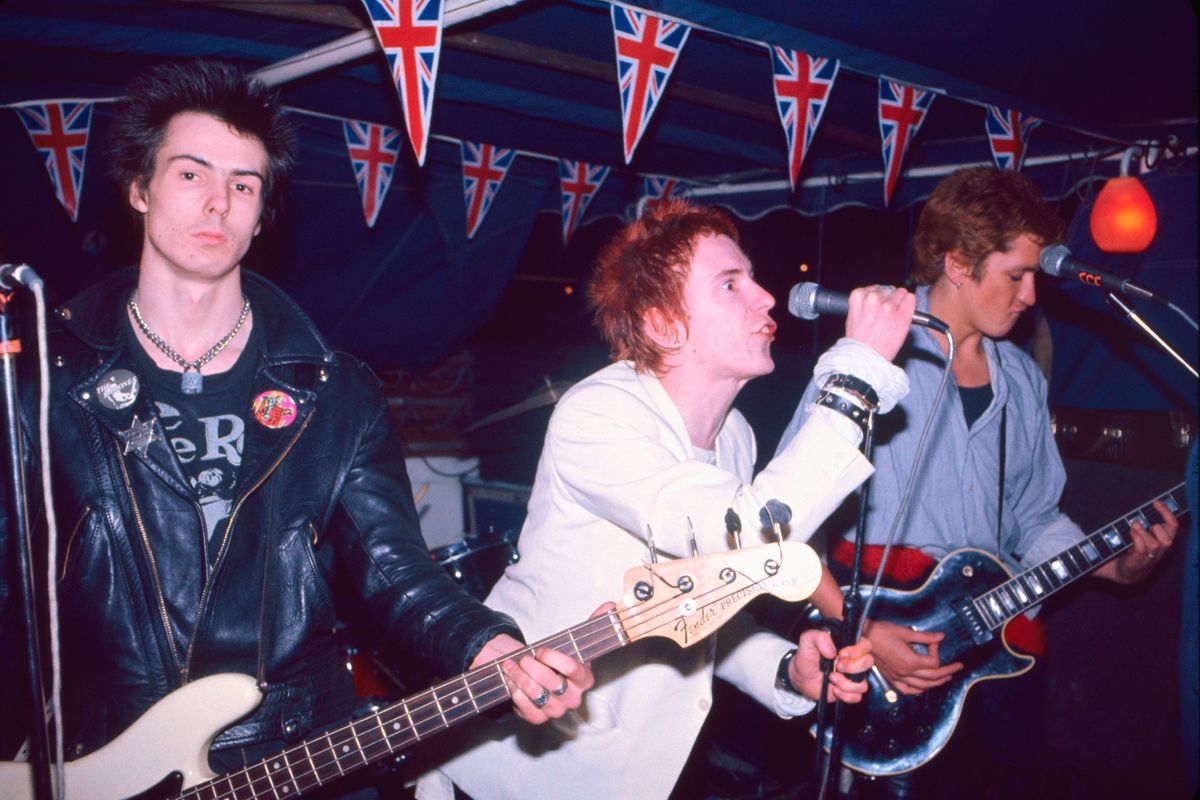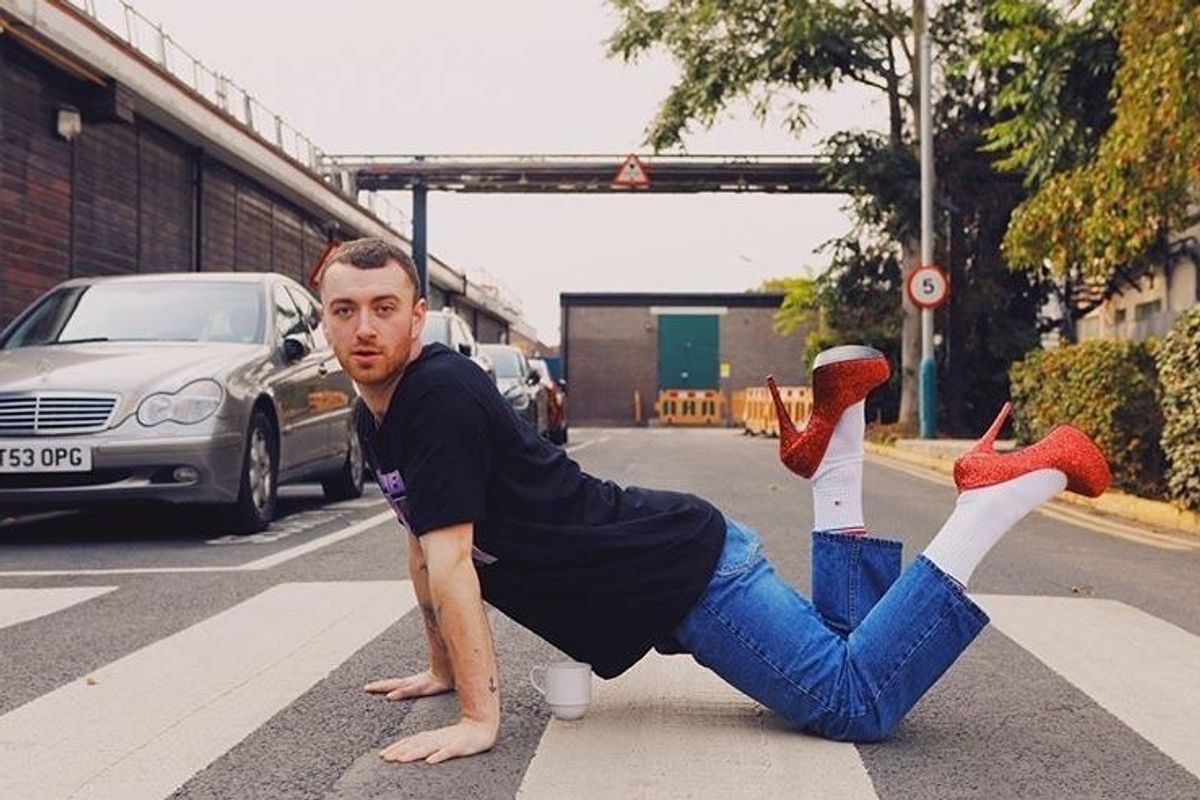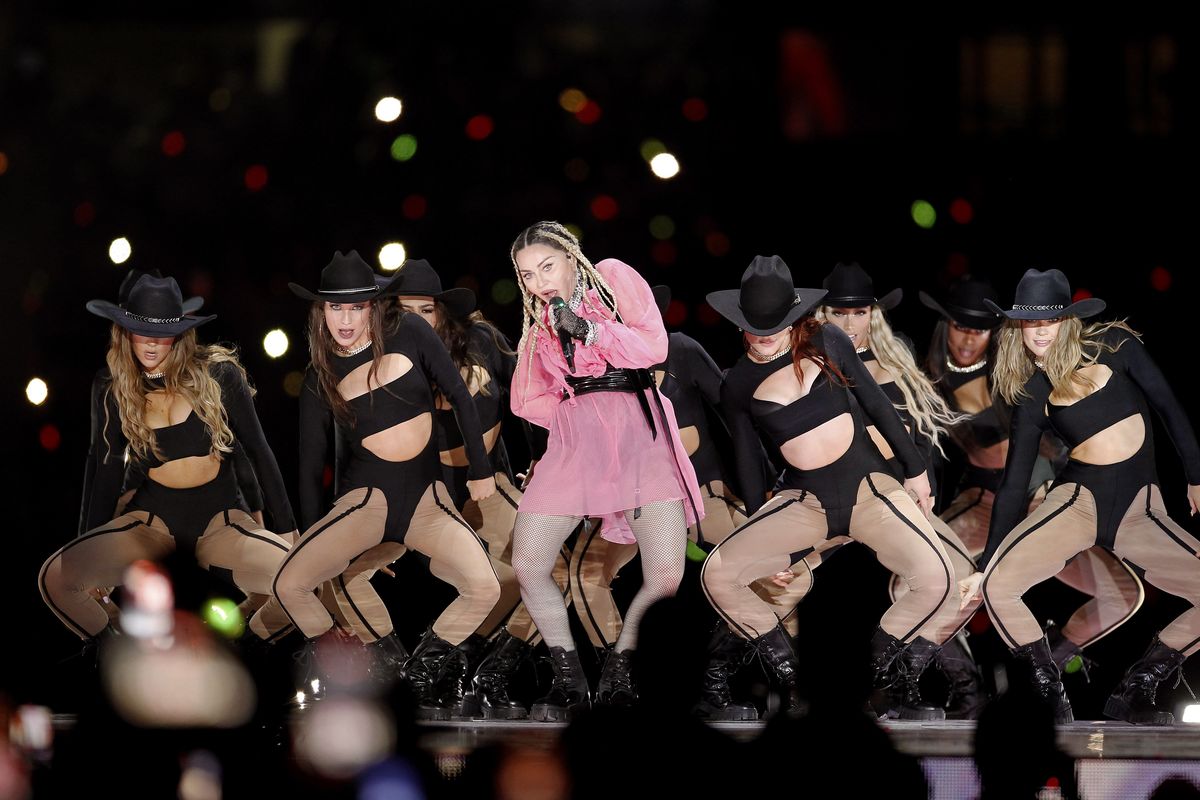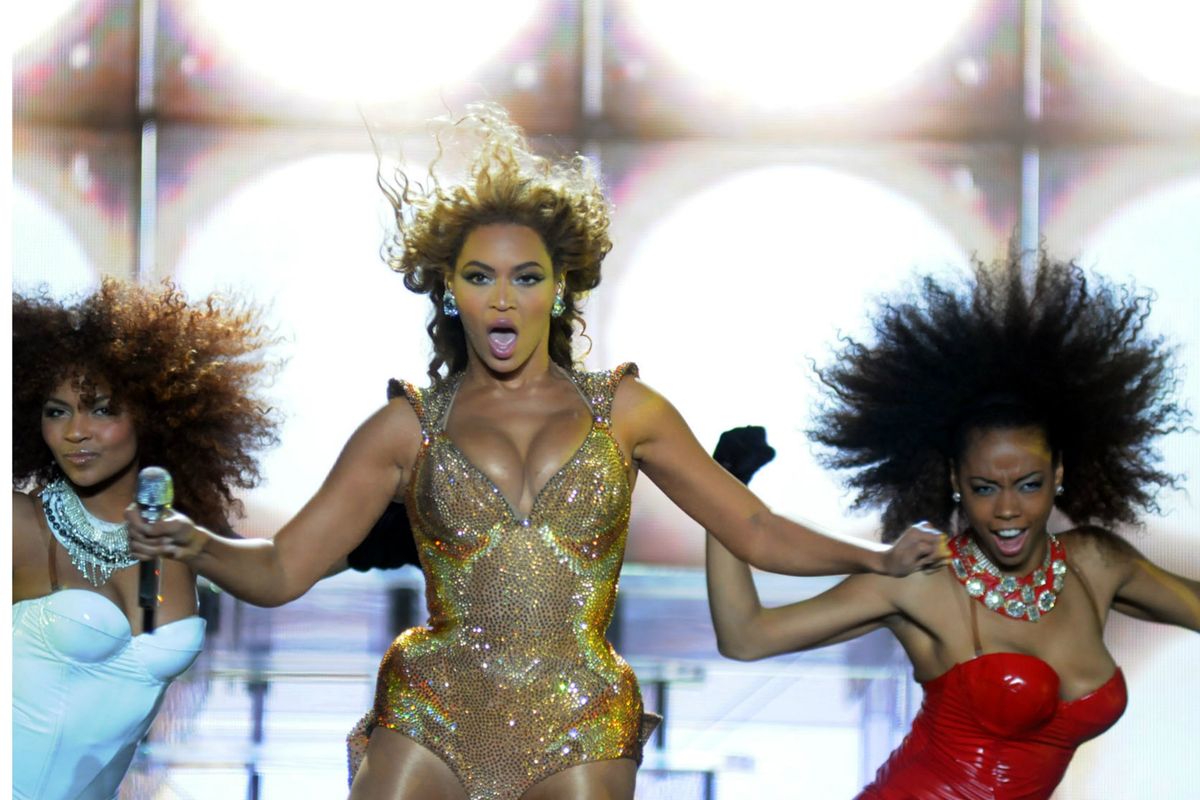We have releases like "TUYA" by ROSALÍA, "Who Told You (feat. Drake)" by J His, "VULGAR (with Madonna)" by Sam Smith and Madonna, and "WHAT THE HELL ARE WE DYING FOR?" by Shawn Mendes, who wrote the track in 24 hours after New York City was covered in smoke from the Canadian wildfires. But that's not all, not even close.
EDM extraordinaire Chris Lake came out with his remix of "In The Yuma (feat. AATIG) (Four Tet Remix)", which is sure to be a club banger. City Girls released "Piñata", and Youngboy Never Broke Again dropped the first single from his new album, "Realize (feat. Lil Dump, Rojay MLP, NBA Big B)".
Since this week was filled with new music, here are a few of my picks to put on your weekend playlist:
1. Noah Kahan - Stick Season (We'll All Be Here Forever)
Rapidly rising indie folk artist Noah Kahan has been stealing the hearts of listeners. It's not hard to love his music, which feels like the perfect blend of The Lumineers, Mumford & Sons, and Hozier. His new album, Stick Season (We'll All Be Here Forever), contains 21 songs that are purely Noah. The Vermont-born singer has a raw way of storytelling, with country-inspired backing from symphonies of banjos and string instruments. It's worth the listen from top to bottom.
2. Niall Horan - The Show
In his first album since 2020, Niall Horan releases The Show...and wow, does this feel like the moment Horan skyrockets into superstardom alongside former band member, Harry Styles. Dare I say it's his best? Throughout 10 songs, Niall takes you through a journey of love and positivity, it's an album that you can already imagine bringing fans of all walks of life together. It's a body of work that Horan has been working on for years, and it's a special album that should be rewarded.
3. Carter Rubin - "last time"
Carter Rubin may only be 17, but his voice already has a timeless quality that is beautifully exhibited in his new single, "last time." It's an honest track that captures how it feels to fall in love at such a young age, and perfectly shows off Carter's strong vocal abilities that will make him a star. With qualities of a go-to summer anthem, "last time" is Carter Rubin's submission for your Song Of The Summer.
4. Will Linley - "Tough (The Girls Song)"
Fans love Will Linley because he can create a track that fully encompasses what it's like to as a member of Gen Z, perfectly summing up how we're all feeling constantly. The musical embodiment of "I do my own stunts," Linley is a singer, songwriter, and can play multiple instruments...fully showcasing his impeccable talent at all times. With "Tough (The Girls Song)", we are given an 80's vibe that never gets old and a fun single about a long-distance relationship ending.
5. Arctic Lake - "My Weakness"
Arctic Lake, the duo compiled of Emma Foster and Paul Holliman, are gearing up to release their new EP, How Do You Make It Look So Easy, with their new single, "My Weakness." It's traditional Arctic Lake, an open-hearted single about how, when you're in love, it can be your greatest strength and weakness. Alongside the single, the duo dropped a video racing us down a neon-lit highway jamming along to the song.
6. Baby Queen - "Dream Girl"
Proclaimed London's biggest "anti-pop" star, Baby Queen is here with "Dream Girl"...a pop-punk fusion talking about these two polar opposite sides of her meeting as one. It's a song about how Baby Queen fell in love with a woman who was already in a relationship with a man, and wanting something you can't have. It's punchy, fun, and exciting, which is the perfect ending to this New Music Friday roundup!



